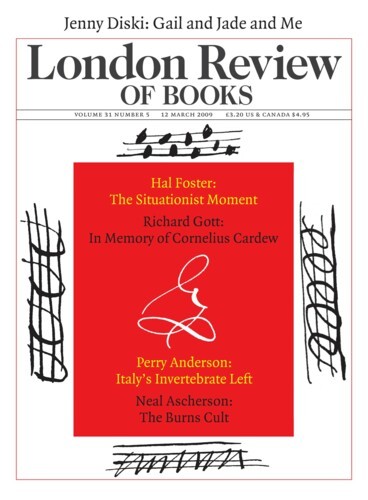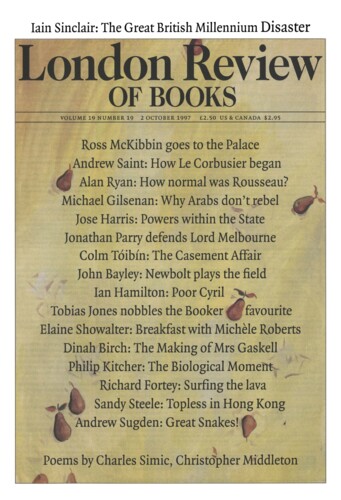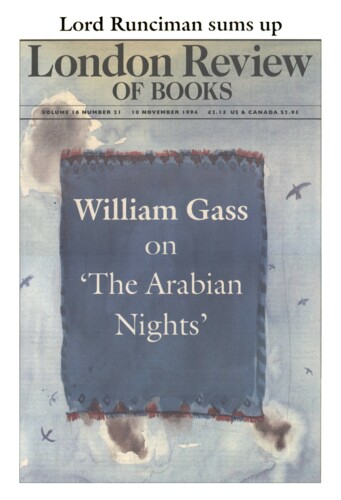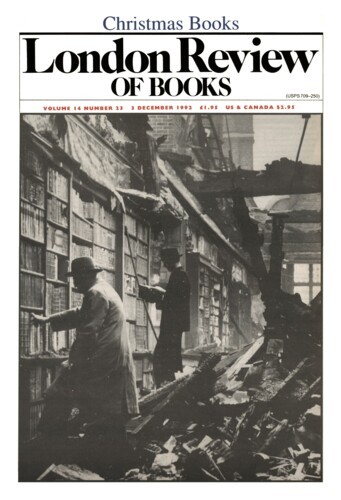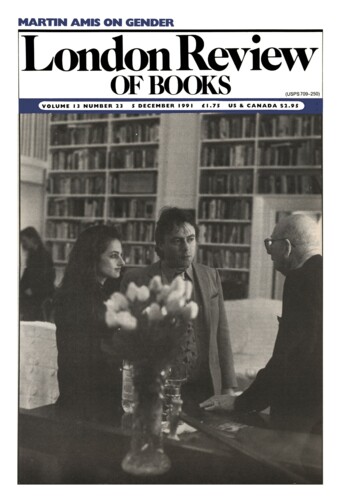Throughout the history of political thought, attempts to imagine, classify and explain possible modes of political life have been characterised by starkly polarised and stylised antinomies. Among the most familiar are Aristotle’s nature and convention, Sir Henry Maine’s status and contract, Tönnies’s Gemeinschaft and Gesellschaft, Michael Oakeshott’s ‘Societas’ and ‘Universitas’, Durkheim’s ‘mechanical’ and ‘organic’ solidarity, and Hobbesian vertical ‘command’ models of authority v. Lockean theories of popular ‘consent’. Bertrand Russell described his conception not just of politics and society but of the whole physical universe as poised between a ‘pot of treacle’ and a ‘heap of shot’. In theoretical writings of the last twenty years theorists with often very similar political ends have been deeply polarised between models of ‘liberalism’, and models of ‘community’ that liberalism is widely deemed to exclude.
Throughout the history of political thought, attempts to imagine, classify and explain possible modes of political life have been characterised by starkly polarised and stylised antinomies. Among...
